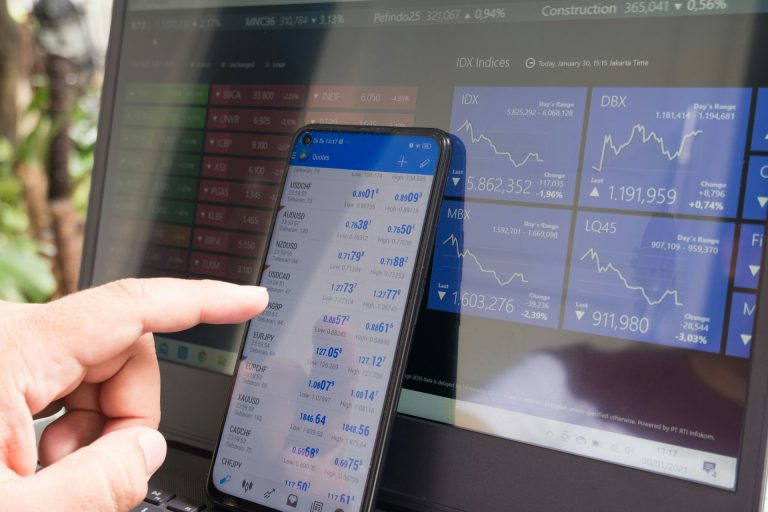- Subscriptions jump 31.8% despite lowest yields since February
- Dovish monetary stance and small entry sums attract retail buyers
ABUJA, NIGERIA – Retail investors are piling into Nigeria’s savings bonds, lured by attractive entry requirements and a shift in central bank policy, even as yields drop to their lowest levels in 20 months.
The latest auction held last week showed a sharp rise in both subscriptions and allotments for the two papers on offer compared to September’s trade, according to data from the Debt Management Office (DMO).
The 2- and 3-year notes were issued at 14.06% and 15.06% respectively — the weakest coupon rates since February. The October 2027 tenor saw allotments climb 23.3% to ₦779mn, while the October 2028 paper surged 31.8% to ₦3.2bn.
Appetite defies lower yields
Despite the weaker returns, investor appetite remains strong, sustained by optimism around monetary easing and limited alternatives for small savers.
“Retail investors are also scrambling for the current yields available on government instruments,” said Gbolahan Ologunro, associate portfolio manager at FBN Quest Asset Management, in an interview with Allen Dreyfus.
His observation reflects a broader trend in Nigeria’s debt market, where investors are locking in yields on long-term assets as the Central Bank of Nigeria (CBN) turns dovish and inflation begins to ease.
Nigeria’s longest tightening cycle on record, which began in July 2022, accelerated after President Bola Tinubu took office in 2023 and restored an orthodox monetary regime. Interest rates rose by 8.75% in 2024 alone before the CBN delivered its first rate cut in five years last month, trimming the policy rate to 27%.
The central bank has indicated it will continue lowering rates through 2025, albeit cautiously, signalling a long-term shift toward a growth-supportive policy stance.
Small investors find value
Lower returns on fixed deposits have also boosted interest in savings bonds, which offer easy access for individuals with modest funds.
“Corporates are in a better position to enjoy the double-digit rate of investing in fixed deposits,” Ologunro said. “But for retail investors, they are sort of limited in gaining access to enjoying those double-digit returns because of the minimum investable amount demanded by deposit money banks.”
Analysts say that dynamic makes the Federal Government’s savings bond programme increasingly appealing to small investors seeking stable returns amid easing inflation and shifting monetary conditions.
The rising retail participation, even at subdued yields, underscores growing confidence in Nigeria’s domestic debt market and the success of the DMO’s efforts to broaden inclusion among retail investors.











